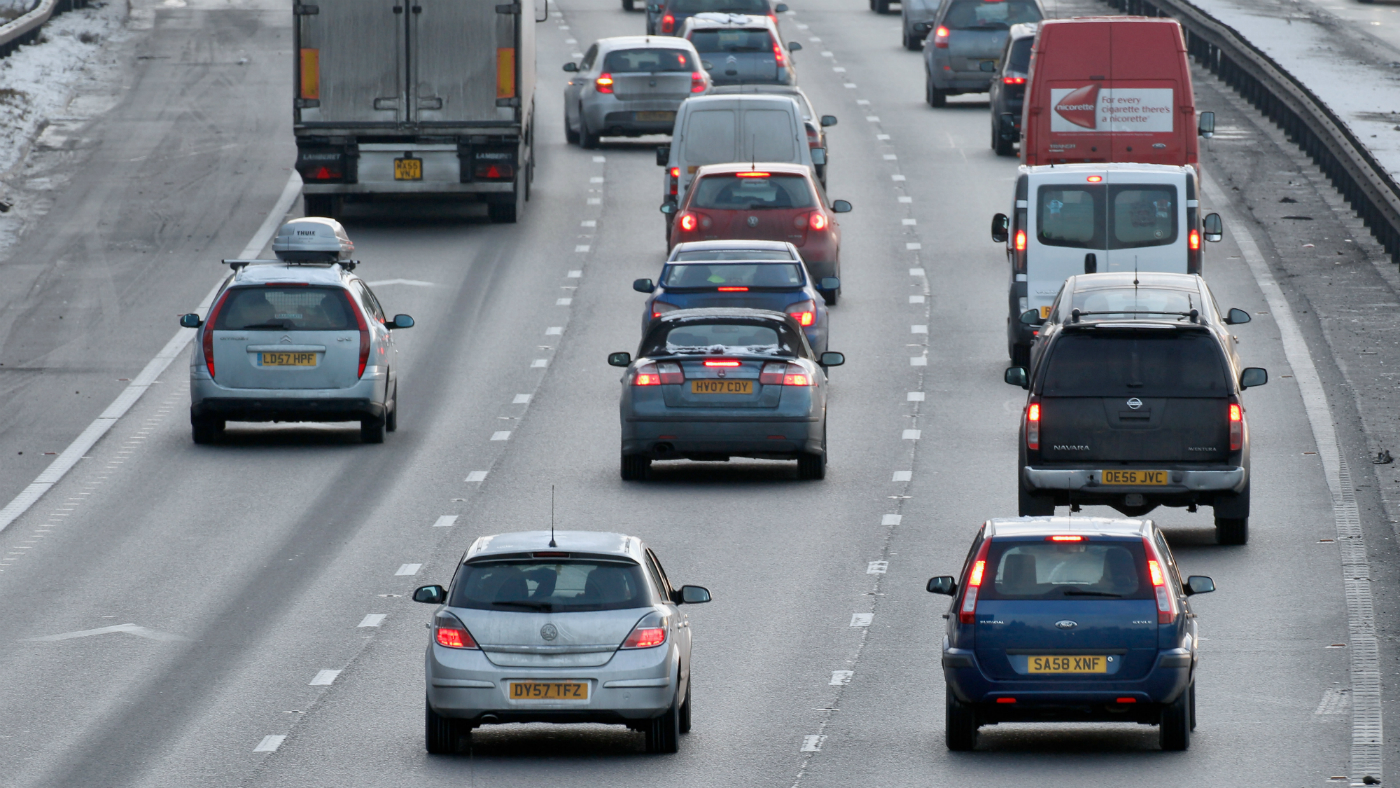Insurance tax to add £200 a year to your premiums
Insurance premium tax rate has doubled from six per cent since 2015

A free daily email with the biggest news stories of the day – and the best features from TheWeek.com
You are now subscribed
Your newsletter sign-up was successful
Insurance premium tax (IPT) rose again this week, adding an average £200 a year to your insurance bills. Here's everything you need to know.
What is IPT?
It was introduced in 1994 at 2.5 per cent and is a tax added to the premiums for most types of insurance policy. The tax is typically passed on to customers by insurers rather than covering it themselves.
The Week
Escape your echo chamber. Get the facts behind the news, plus analysis from multiple perspectives.

Sign up for The Week's Free Newsletters
From our morning news briefing to a weekly Good News Newsletter, get the best of The Week delivered directly to your inbox.
From our morning news briefing to a weekly Good News Newsletter, get the best of The Week delivered directly to your inbox.
Some insurance policies are exempt from IPT, including life insurance. The standard rate, now 12 per cent, applies to buildings, contents, car, pet and medical insurance. It is also levied on certain commercial policies taken out by businesses. A 20 per cent rate applies to travel, home appliance and some types of vehicle insurance. The higher rate isn't changing.
How much has it gone up by?
On this occasion standard IPT is increasing from ten per cent to 12 per cent, while the higher rate will stay at 20 per cent.
The standard rate of IPT has shot up in recent years. Back in 2015 motorists paid just six per cent IPT on their policies.
A free daily email with the biggest news stories of the day – and the best features from TheWeek.com
“With a doubling of insurance premium tax in just under two years it is time to call a halt to this raid on the responsible,” says James Dalton, director of general insurance policy at the Association of British Insurers (ABI) in FTAdviser.
“This tax penalises hard working families, as well as businesses, who have done the right thing by taking out insurance to protect against many of life’s uncertainties. This latest hike must be the last. The next government must freeze this tax to give hard working households and businesses a break.”
IPT has generated about £13bn for HMRC over the past five years.
How much more will I pay?
According to the ABI, people with private medical insurance will pay an average extra £39 a year as a result of the tax hike. But, it is motorists who will be hardest hit.
The rise is going to send motor insurance premiums even higher, when they are already hitting new records. The average annual policy is now a whopping £800, according to comparethemarket.com, up 14 per cent in a year.
“The cost of an average policy has risen by around a third in two years,” says Simon McCulloch of comparethemarket.com in The Guardian. “One of the most prominent causes of these rises is the doubling of insurance premium tax over the past two years.”
In total and across all insurances, people could be paying an average of £200 a year more.
The concern is the IPT rise will make premiums more expensive, encouraging more motorists to drive without insurance. There are already around one million drivers on the road without insurance, according to the Motor Insurers’ Bureau (MIB). Uninsured and hit-and-run drivers kill 120 people a year and injure 29,000, “the cost of which is ultimately borne by those who buy cover,” says Nina Montagu-Smith in The Times.
If you are involved in an accident with an uninsured driver you can make a claim on your own policy if you have comprehensive cover, otherwise you may have to pay for the repairs yourself.
-
 How the FCC’s ‘equal time’ rule works
How the FCC’s ‘equal time’ rule worksIn the Spotlight The law is at the heart of the Colbert-CBS conflict
-
 What is the endgame in the DHS shutdown?
What is the endgame in the DHS shutdown?Today’s Big Question Democrats want to rein in ICE’s immigration crackdown
-
 ‘Poor time management isn’t just an inconvenience’
‘Poor time management isn’t just an inconvenience’Instant Opinion Opinion, comment and editorials of the day